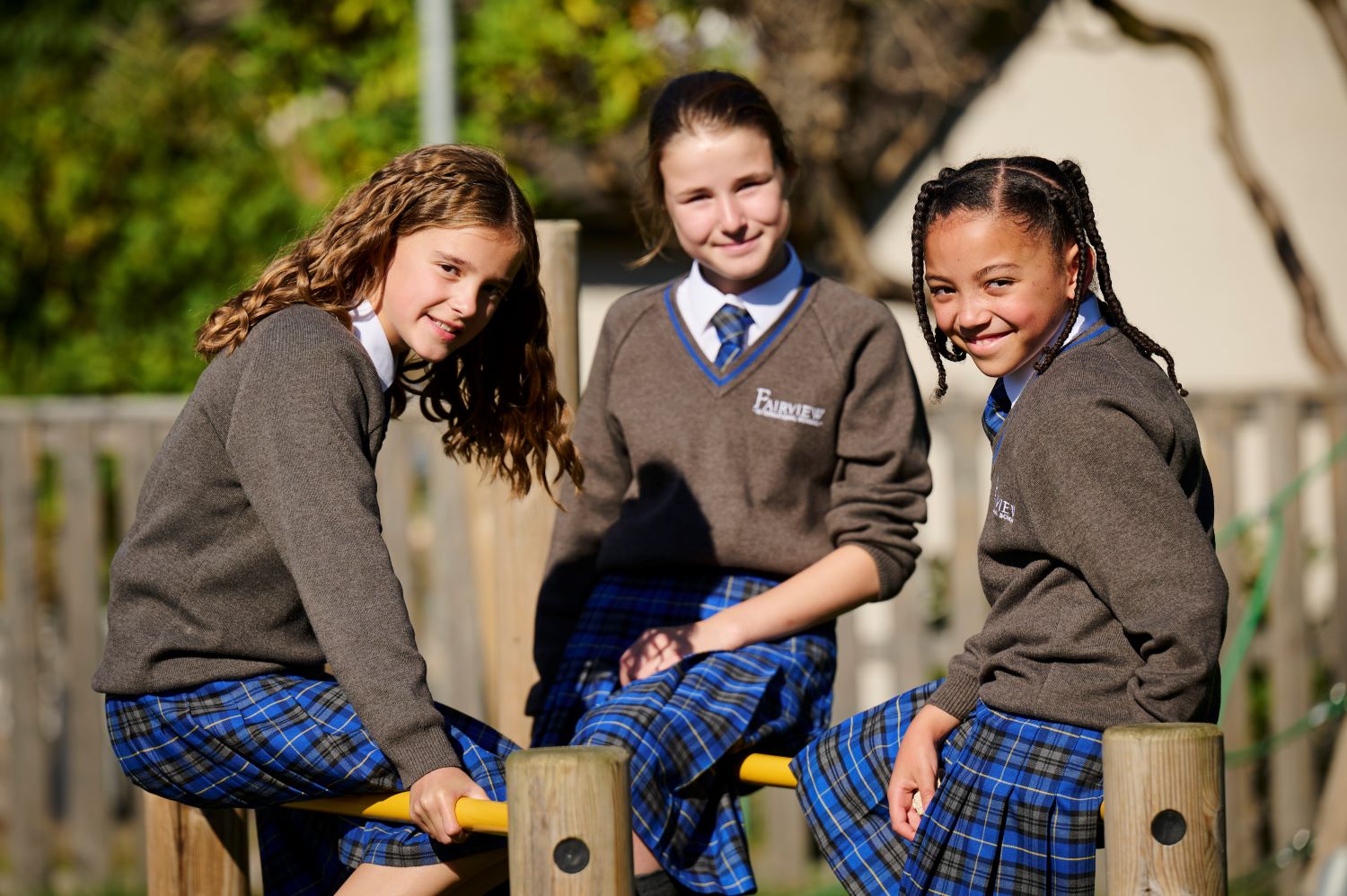
Diversity & Excellence
Almost 30,000 children and young people attend mainstream and specialist independent schools in Scotland. Our schools are committed to innovation and collaboration and playing a major role in promoting excellence in education.

For Schools
SCIS is a powerful advocacy organisation representing the views of our member schools and making a positive contribution to the development of policy and best practice across the Scottish education system.

Supporting all learners
Our schools are committed to working in partnership with state schools to support as many children and young people as possible. More than 100,000 people, who don't attend our schools, benefit from the sharing of learning and resources.



